
The Pauline Letters
The Pauline letters, also known as the Epistles of Paul, are a collection of 13 letters in the New Testament of the Bible that were written by the apostle Paul to various early Christian communities.
These letters were written to address a variety of theological, moral, and practical issues faced by the early Christian church. They offer valuable insights into the beliefs and practices of the early church, as well as the challenges faced by its members.
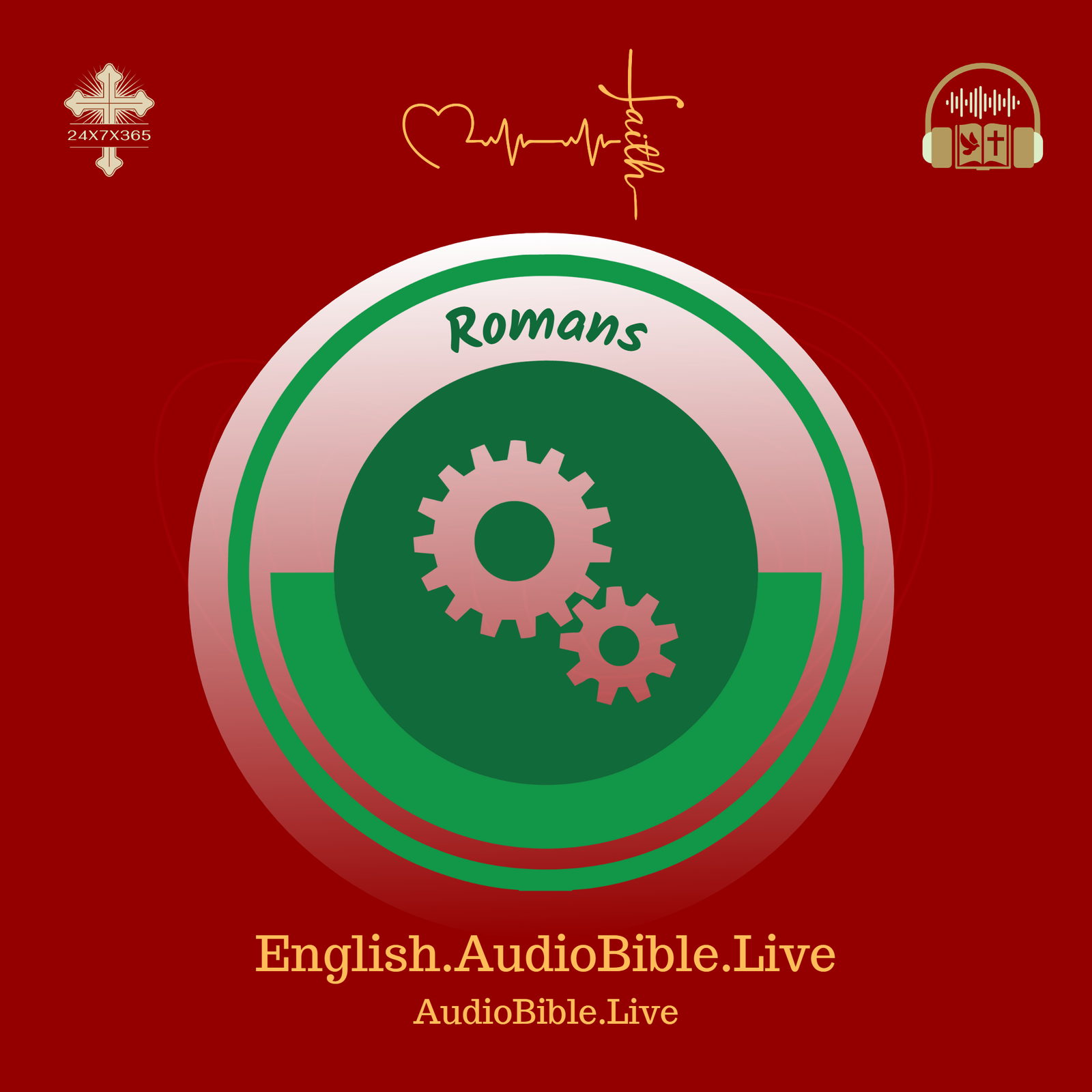
Romans
Engage with the profound theological teachings on salvation, grace, and righteousness in the Epistle to the Romans. This letter by the apostle Paul explores the universal need for redemption and the transformative power of faith in Jesus Christ.
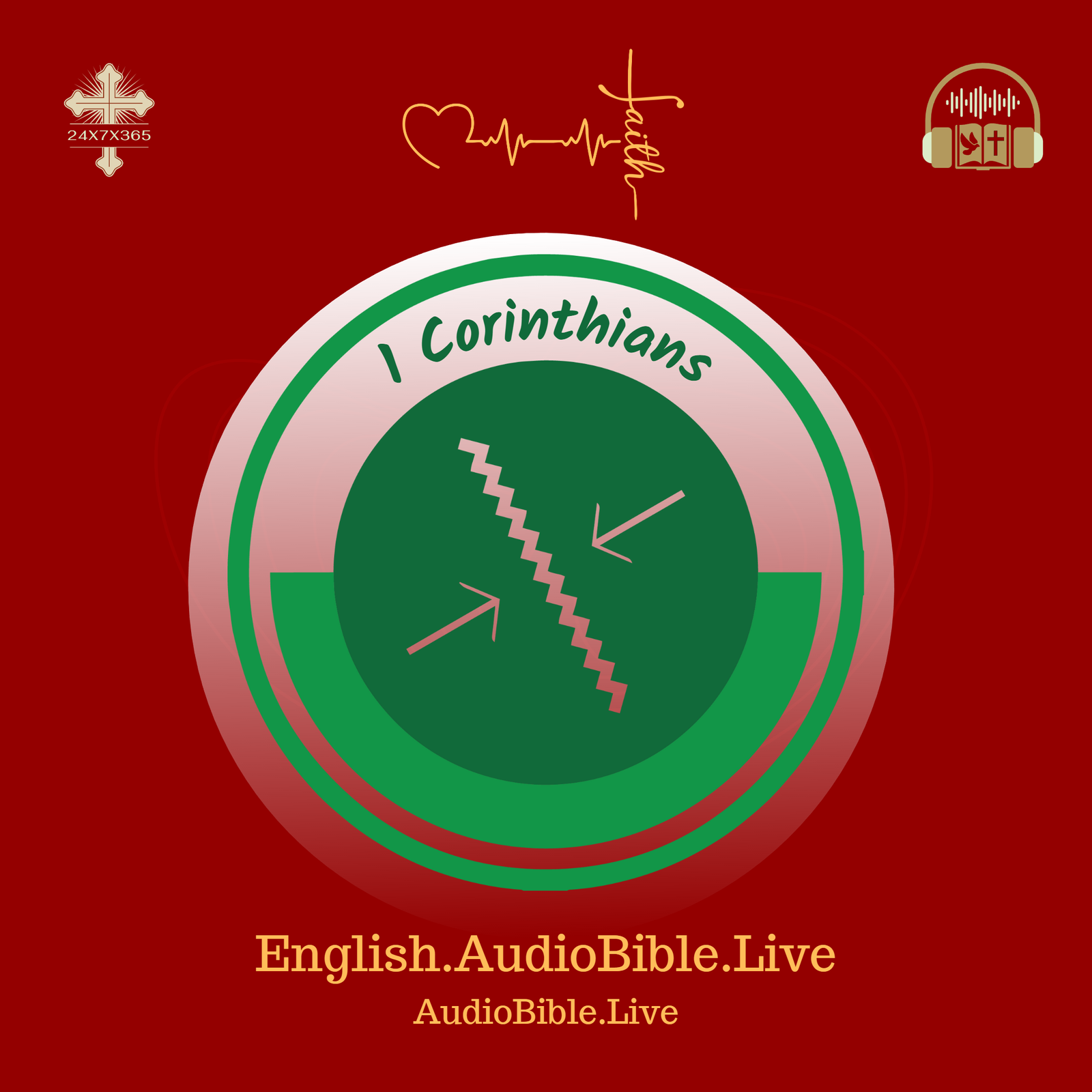
1 Corinthians
Navigate through the practical and instructive letter to the Corinthians in 1 Corinthians. This epistle addresses various issues faced by the early Church, emphasizing unity, love, spiritual gifts, and the importance of Christ-centered living.
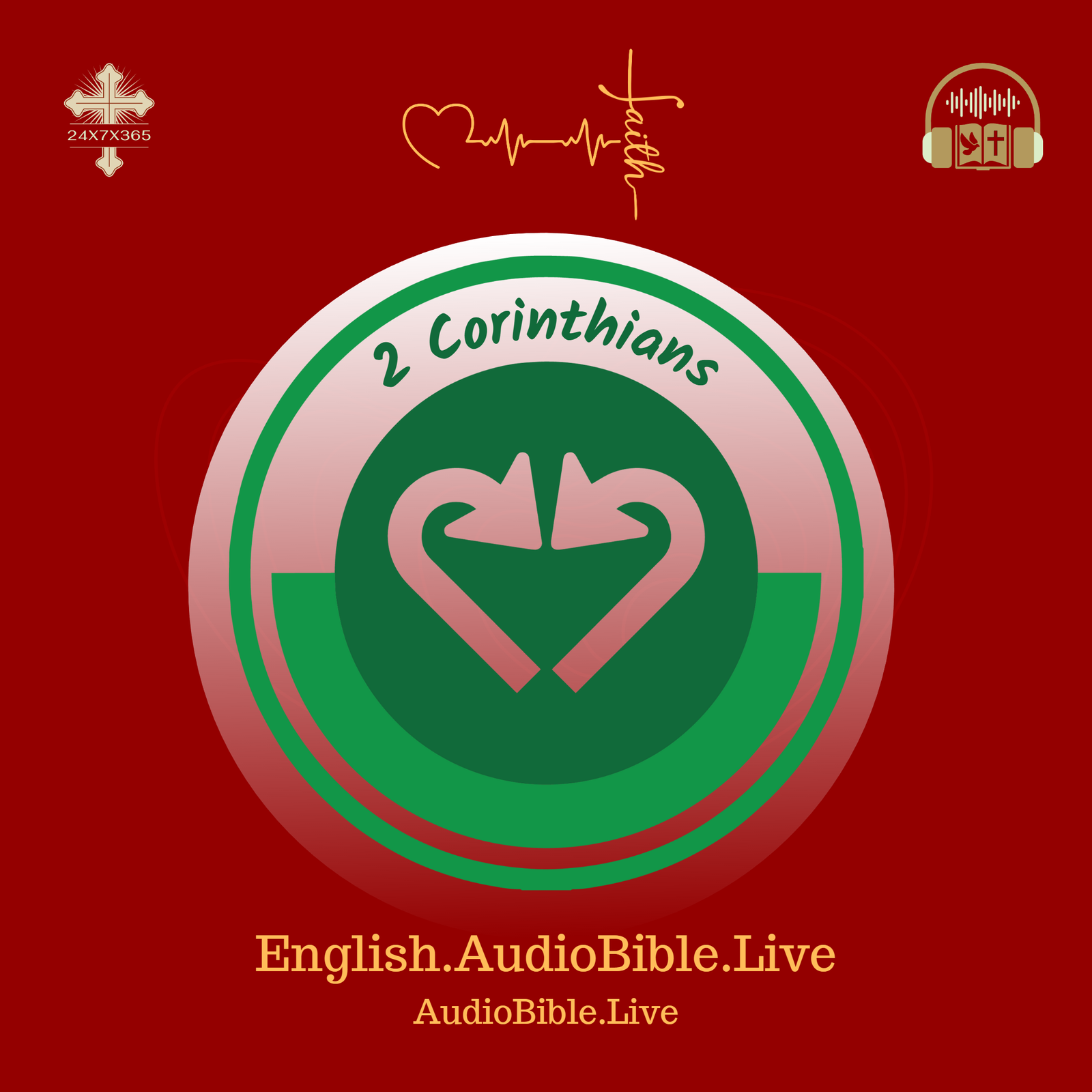
2 Corinthians
Continue the correspondence with the Corinthians in 2 Corinthians, where the apostle Paul addresses challenges, defends his apostleship, and encourages believers in their faith and commitment to Christ.
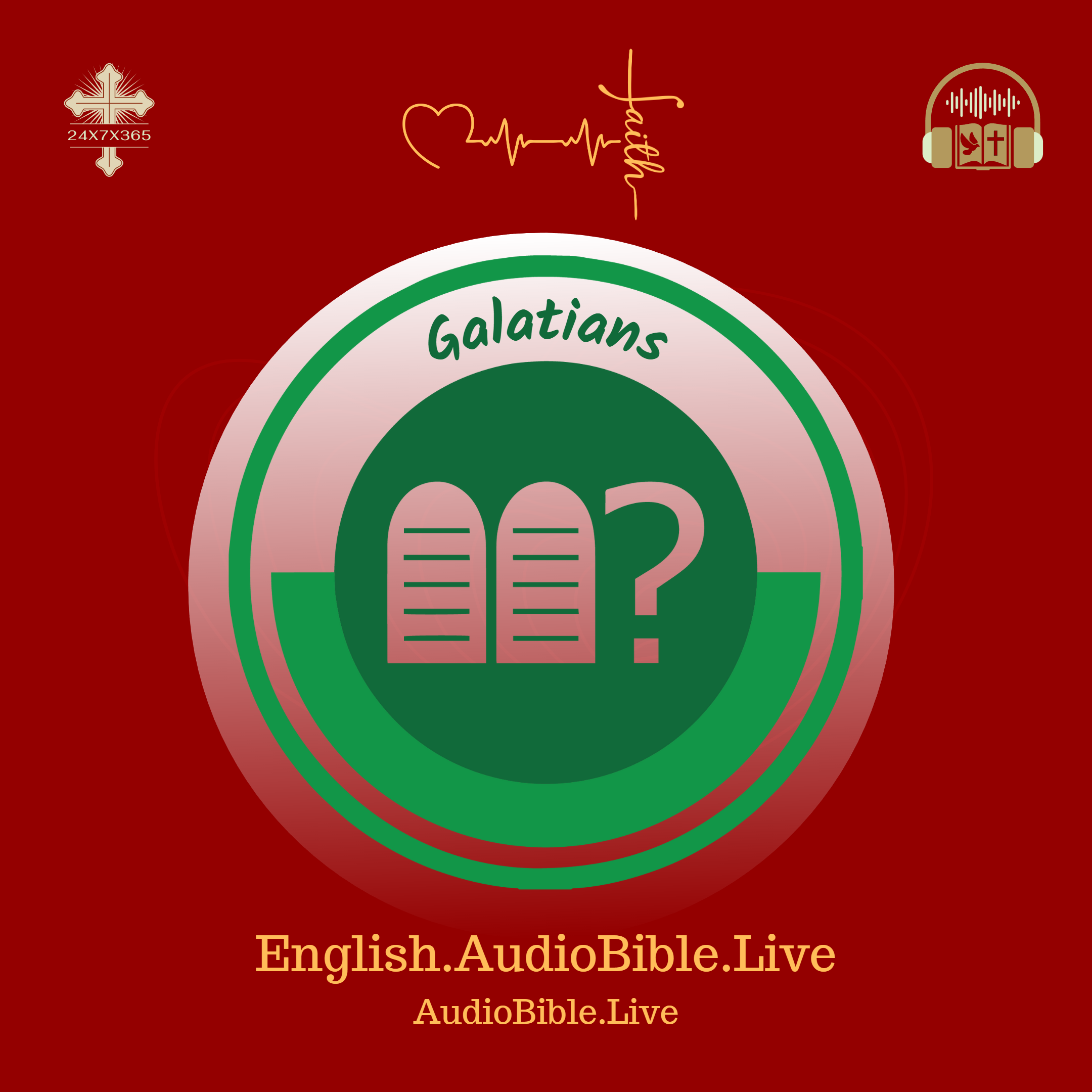
Galatians
Delve into the powerful defense of salvation by grace through faith in the Epistle to the Galatians. This letter by Paul emphasizes freedom from legalism, the sufficiency of Christ's sacrifice, and the transformative work of the Holy Spirit.
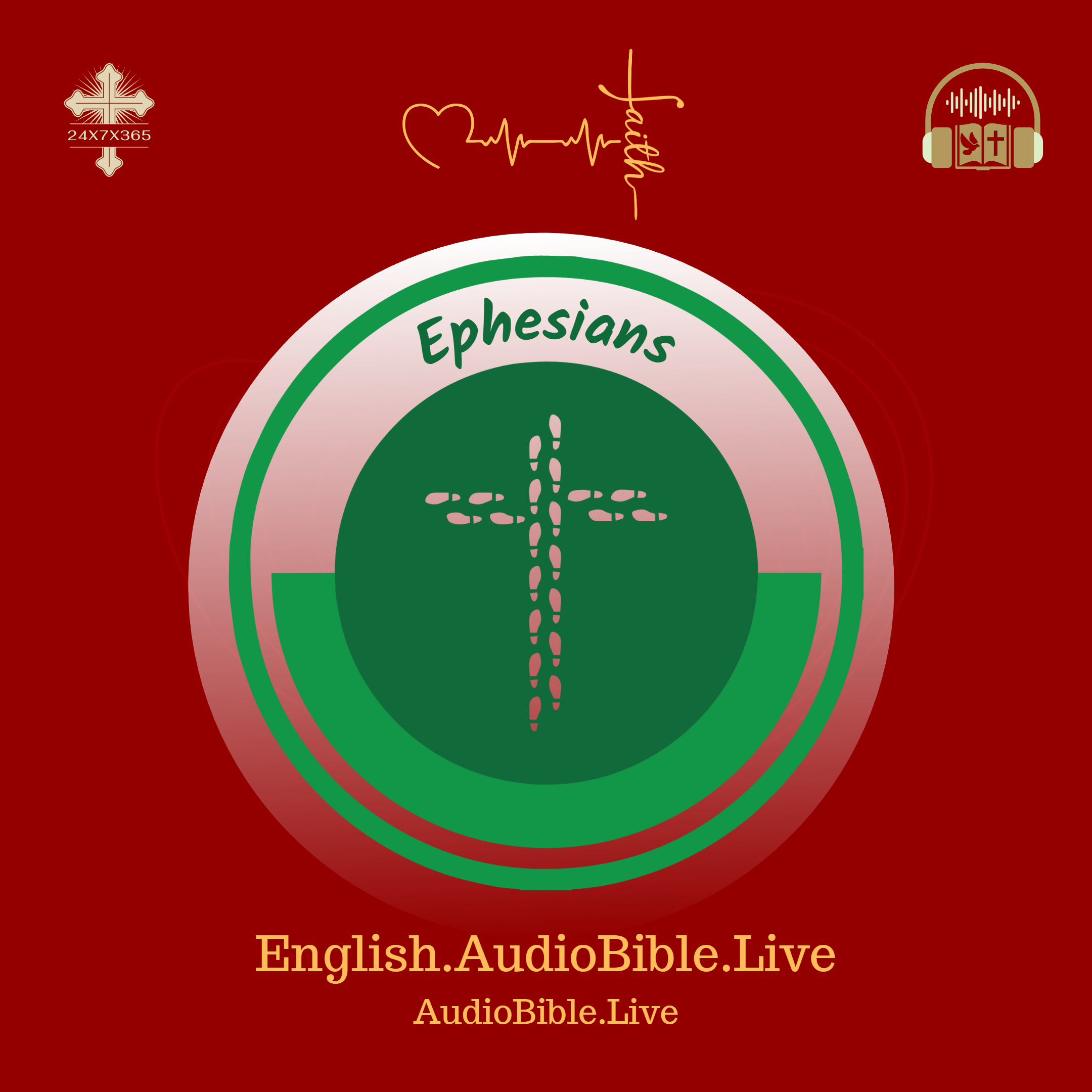
Ephesians
Discover the profound teachings on the unity of believers, spiritual blessings, and the armor of God in the Epistle to the Ephesians. This letter encourages believers to walk in love, live as children of light, and stand firm against spiritual opposition.

Philippians
Find joy, encouragement, and contentment in the Epistle to the Philippians. This letter by Paul reveals the secret to true joy in Christ, the call to humility, and the pursuit of righteousness and the knowledge of God.
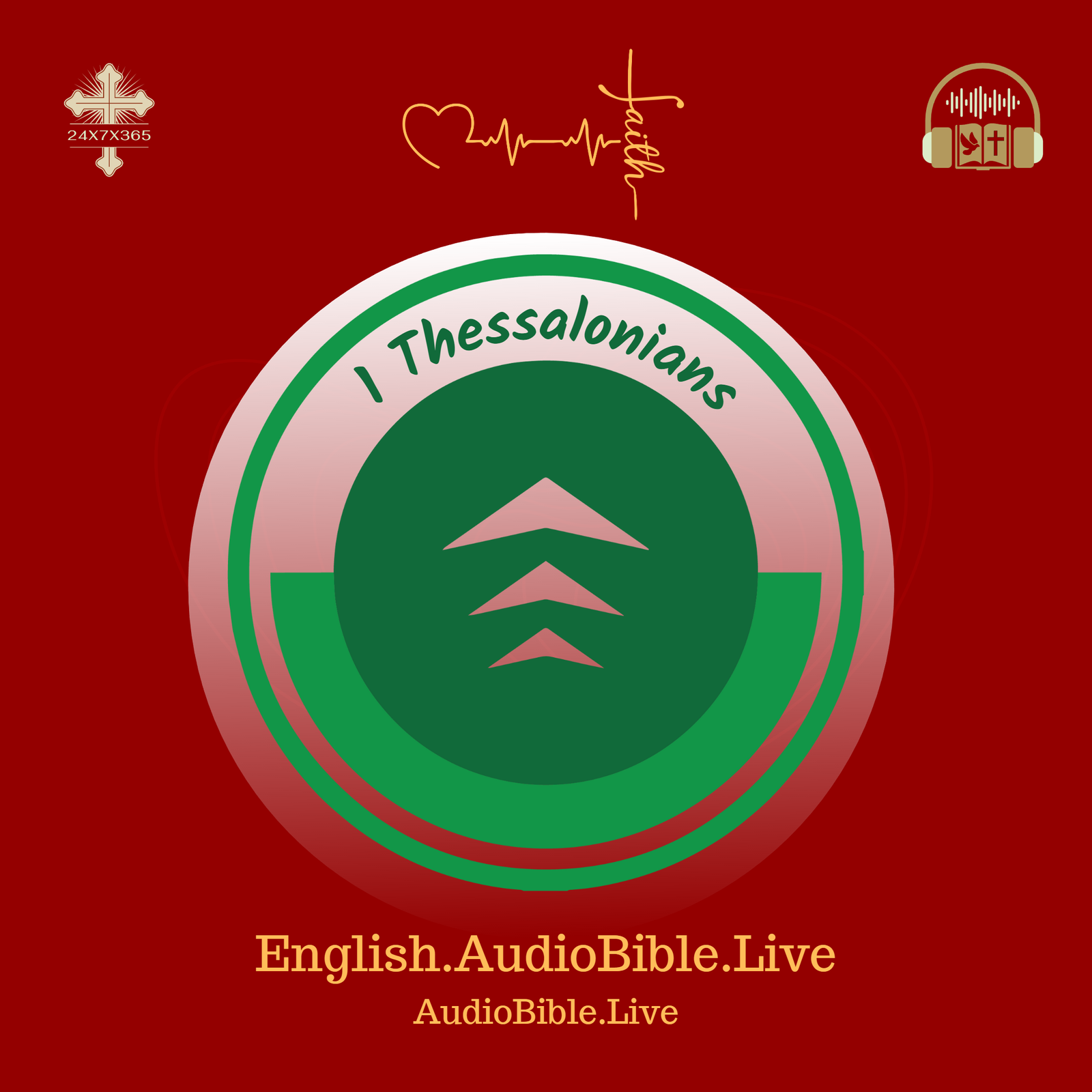
1 Thessalonians
Discover the teachings on the Second Coming of Christ and the importance of holy living in the first letter to the Thessalonians. This epistle offers encouragement, exhortation, and comfort to believers, emphasizing the hope of Christ's return.
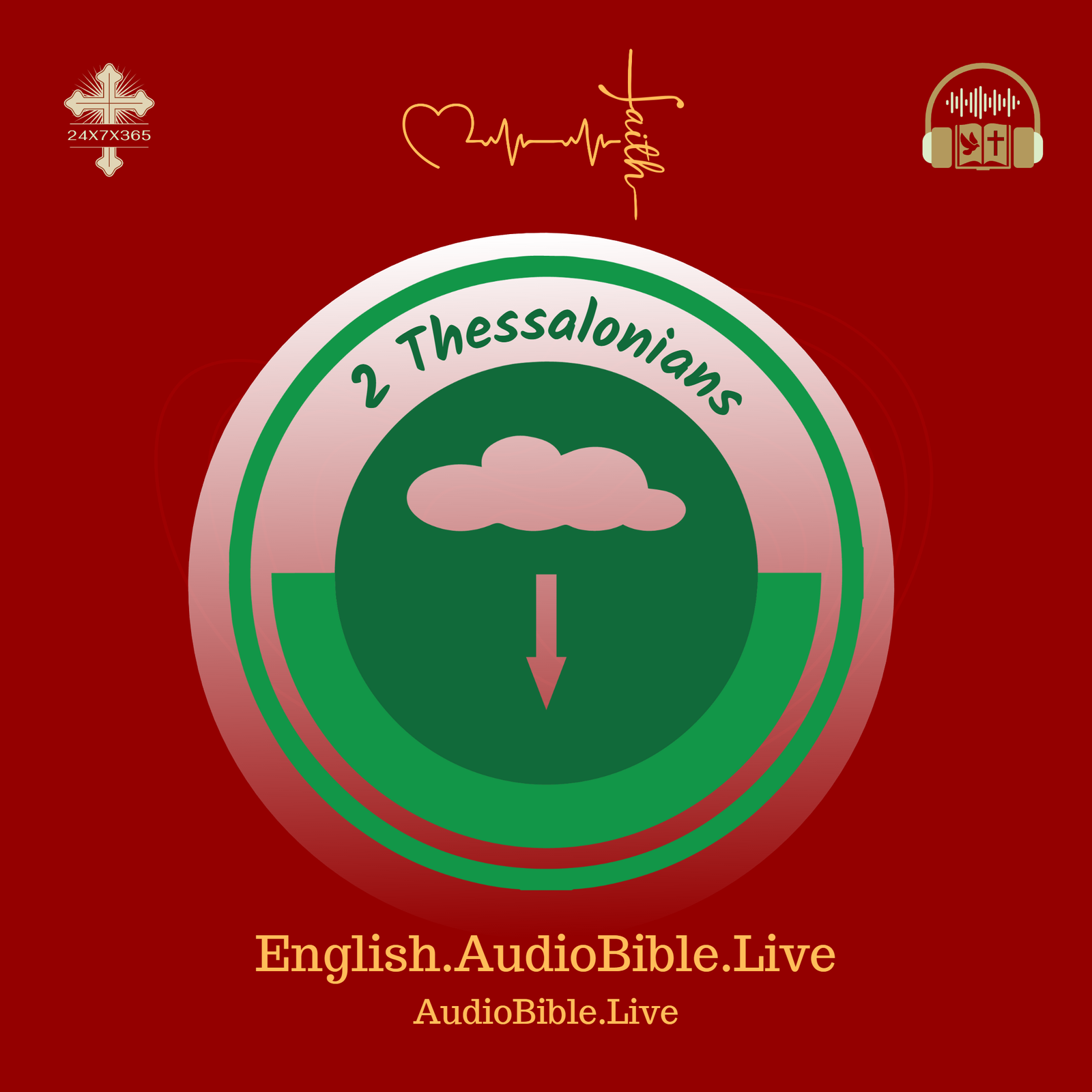
2 Thessalonians
Continue the discussion on the Second Coming of Christ in the second letter to the Thessalonians. This epistle addresses misconceptions about the end times, encourages perseverance, and emphasizes the need for a diligent and productive life.
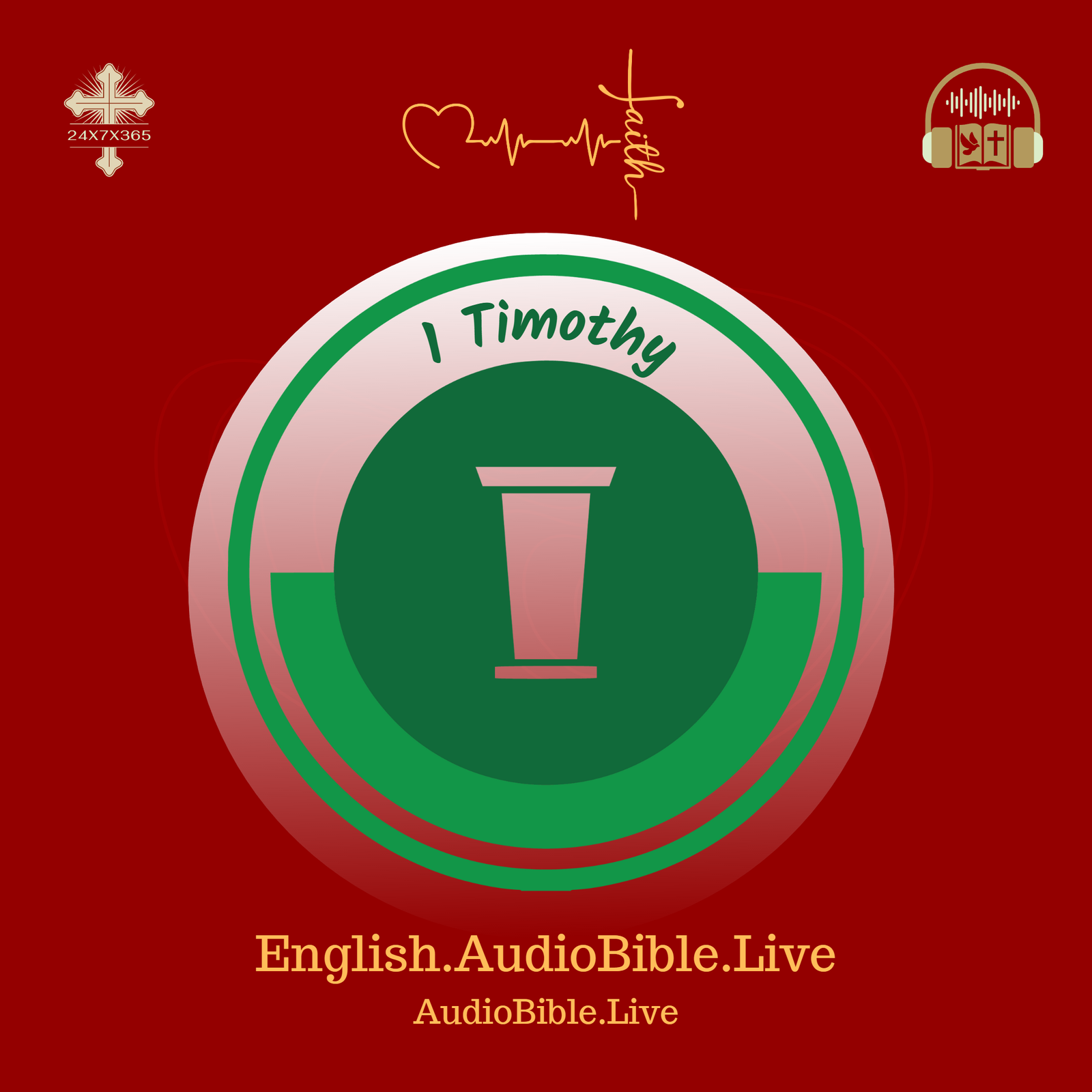
1 Timothy
Uncover the practical instructions for church leadership and godly living in the first letter to Timothy. This epistle provides guidance on sound doctrine, prayer, leadership qualifications, and the pursuit of righteousness in the Church.
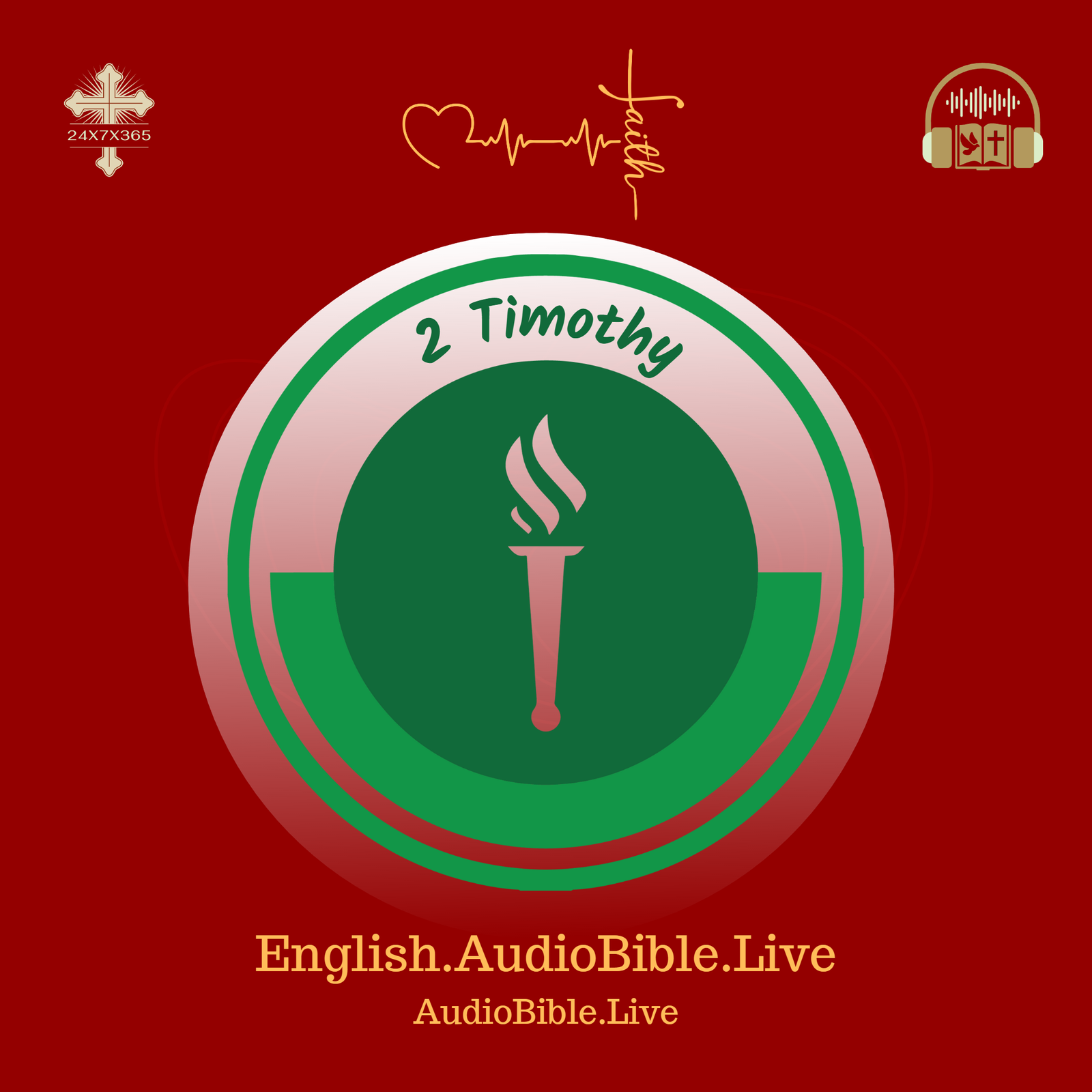
2 Timothy
Explore the final words of the apostle Paul to his protégé Timothy in the second letter to Timothy. This letter encourages perseverance in the face of challenges, the preservation of sound doctrine, and the fulfillment of one's ministry.
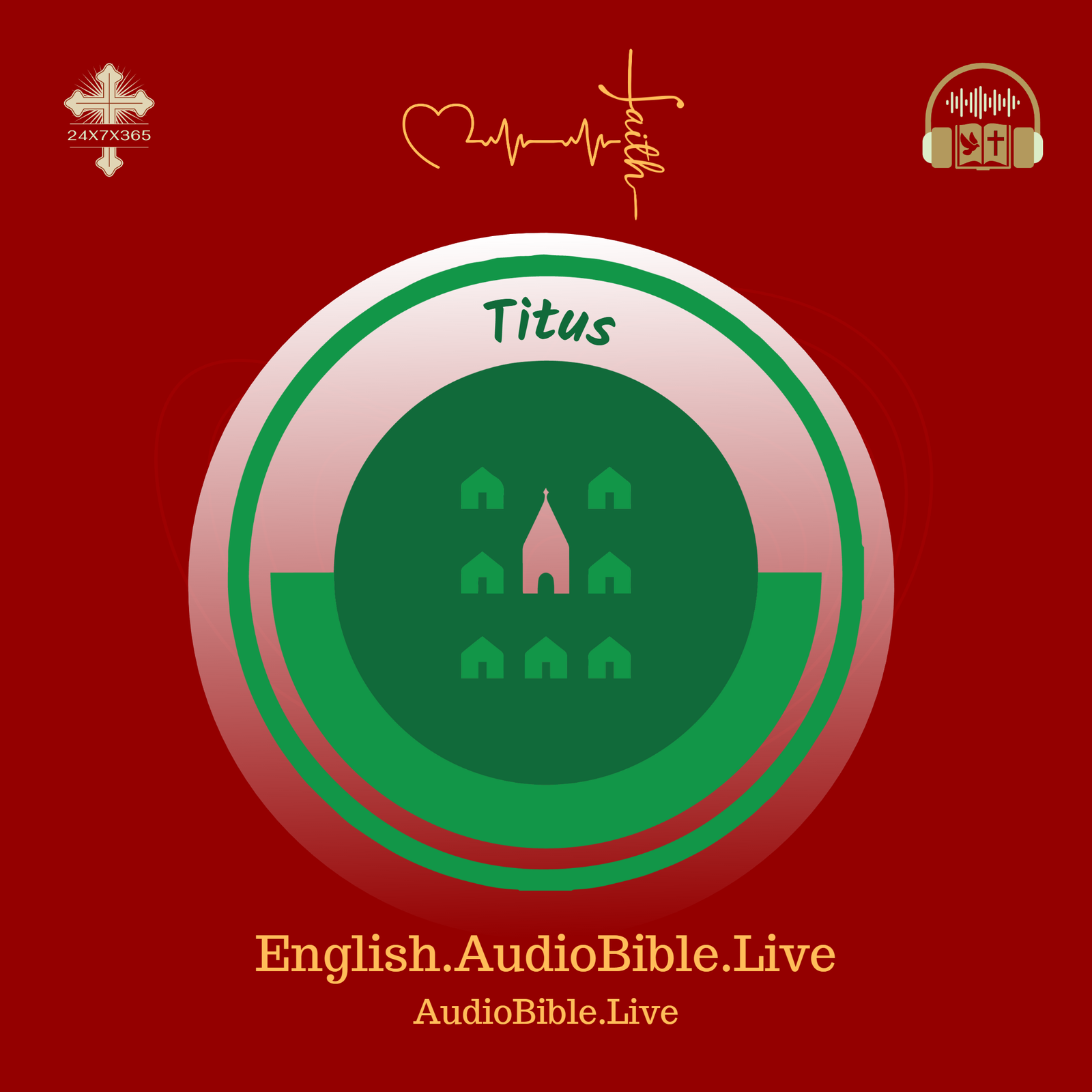
Titus
Receive practical instructions for church organization and the importance of good works in the Epistle to Titus. This letter emphasizes the appointment of qualified leaders, the pursuit of godly living, and the transformative power of grace.

Philemon
Experience a heartfelt plea for forgiveness and reconciliation in the personal letter to Philemon. This short epistle demonstrates the power of Christ's love to break down barriers and transform relationships.
The letters of Paul are known for their eloquence and depth of theological insight, and continue to be a major source of inspiration and guidance for Christians today. They offer a window into the beliefs and practices of the early church and provide valuable insights into the ongoing development of Christian doctrine and theology.